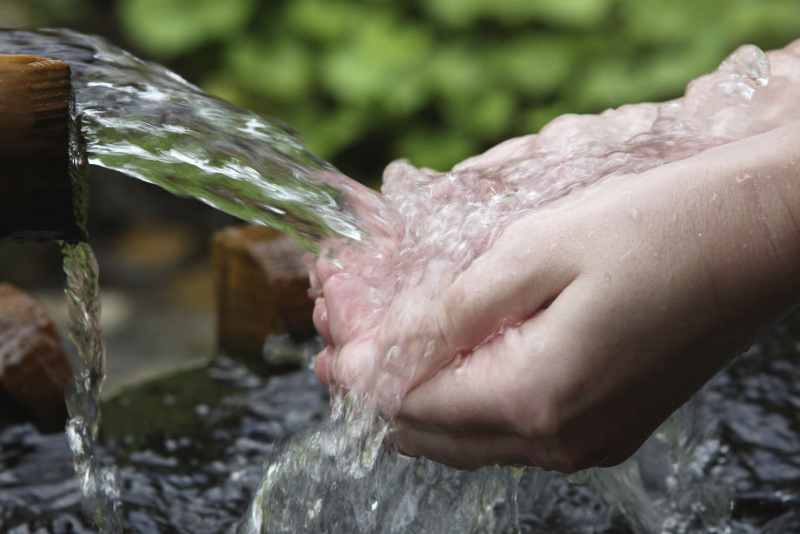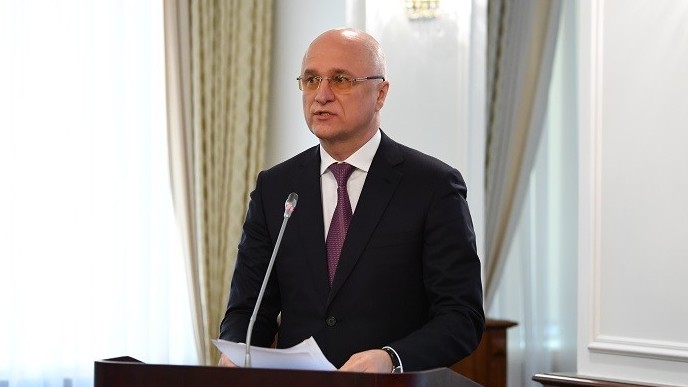NUR-SULTAN – The water supply will be improved this year for 126,800 people in 68 Kazakh villages. Approximately 90.2 percent or 16.5 million people out of Kazakhstan’s 18.4 million population have access to the centralised water supply.
Minister of Industry and Infrastructure Development Roman Sklyar said at a June 4 government meeting that it is planned to increase this indicator to 97 percent this year and to 100 percent by 2023 to improve the quality of life.
In rural areas, 6.5 million people or more than 84 percent have access to centralised water supply services. Other villages use local water sources. The ministry intends to reach an indicator of 88 percent this year and to cover 100 percent of the population with appropriate infrastructure by 2023.
“We will set the integrated water purification systems to provide small villages with a population of less than 200 people with drinking water. This will cover 1,333 villages. The centralised water supply will be installed in 1,274 villages with a population of more than 200 people. Overall, 1.2 million people in 2,607 villages will be provided with water supply services that meet sanitary standards,” he said.
The ministry developed a mechanism to attract additional funds to solve this issue.
“We will bring the wastewater treatment standards to European Union’s environmental standards. This will reduce costs by up to 30 percent according to experts. We will introduce energy efficient technologies to produce biogas production and sludge processing. The public-private partnership will contribute to the modernisation of cooperatives of apartment owners in cities within three years,” he said.
Minister of Agriculture Saparkhan Omarov said Kazvodkhoz company manages 33 group water lines, which run more than 12,000 kilometres. The company will build and reconstruct the water pipelines as part of the state regional development programme for 2020.
Some 1,035 kilometres of water pipelines were built and 1,441 kilometres of networks were reconstructed in 2011-2018. As a result, the water supply was improved in 268 rural areas with a population of 553,000 people.
“Overall, pipe failures in water networks decreased from 75 to 56 percent. Some 2,281 kilometres of networks are in need of reconstruction,” he added.
This year, 14.6 billion tenge (US$38 million) was provided for 12 water pipeline projects and eight projects will be completed this year.
The single operator will be responsible for the construction and reconstruction of all pipelines and intra-settlement networks in the villages. This will exclude intermediaries who purchase water from water pipelines at a subsidised rate and sell it with added value.
European Bank for Reconstruction and Development (EBRD) for Kazakhstan Director Agris Preimanis said the housing and utilities sector is one of the priorities of EBRD’s work in Kazakhstan. More than 30 billion tenge (US$78 million) were invested in 12 projects related to water supply and wastewater sector in the South Kazakhstan Region. The quality of drinking water improved and the water supply increased.



